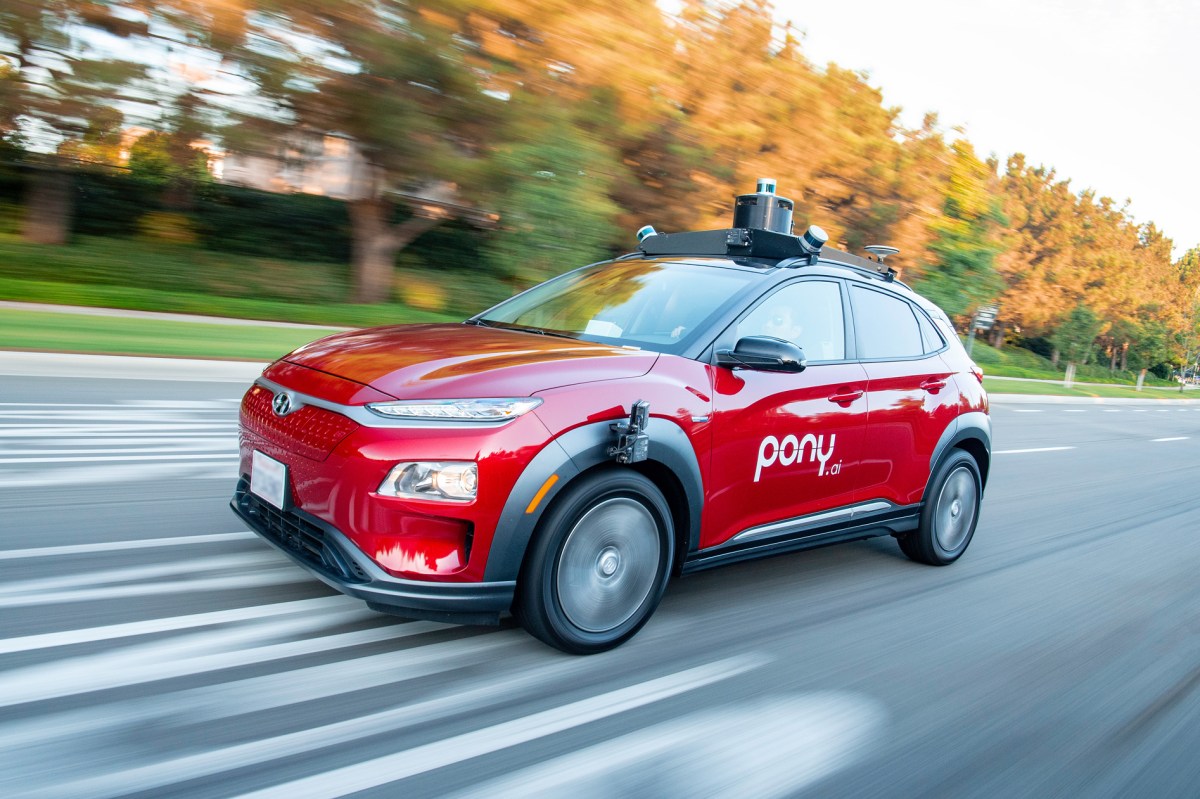
Uber has announced its third partnership with a Chinese autonomous vehicle (AV) company this week, emphasizing the U.S.-based ride-hailing and delivery platform’s ambition to expand its global reach in self-driving technology.
The latest collaboration marks Uber’s increasing interest in international innovation ecosystems, particularly within China’s rapidly evolving autonomous driving sector. While Uber has not disclosed the name of the Chinese firm in this announcement, the move highlights a strategic pattern: leveraging international partnerships to accelerate its own capabilities in mobility and logistics automation.
Industry observers note that China’s autonomous driving space is among the world’s most competitive and hardware-rich environments, with companies like Pony.ai, Baidu Apollo, and WeRide taking leadership roles in AV research and deployment. These firms benefit from favorable policy experimentation zones, a vast population base, and a need for digital-first transportation solutions.
Uber’s engagement with Chinese AV developers follows its previous partnerships in the region focused on both ride-hailing and autonomous delivery. This global strategy suggests a willingness to collaborate cross-border for technological advancement, especially in areas where local regulations and ecosystem maturity present high barriers for foreign entrants.
The announcement comes at a time when many global tech and transportation companies are investing in AV deployments and pilot programs. Uber itself had previously pulled back from directly operating its autonomous vehicle unit after selling its ATG (Advanced Technologies Group) to Aurora in 2020 but has continued to invest through strategic partnerships.
By aligning with Chinese AV companies, Uber may benefit from access to advanced autonomous driving software, scalable hardware platforms, and local pilot programs—essential components for future driverless transport systems.
This move is also part of a broader trend of cross-border collaboration in mobility and technology despite ongoing geopolitical and data privacy considerations. As autonomous vehicle commercialization becomes increasingly feasible, partnerships like these may determine which companies lead in the global race toward fully autonomous transportation solutions.
Source: https:// – Courtesy of the original publisher.








